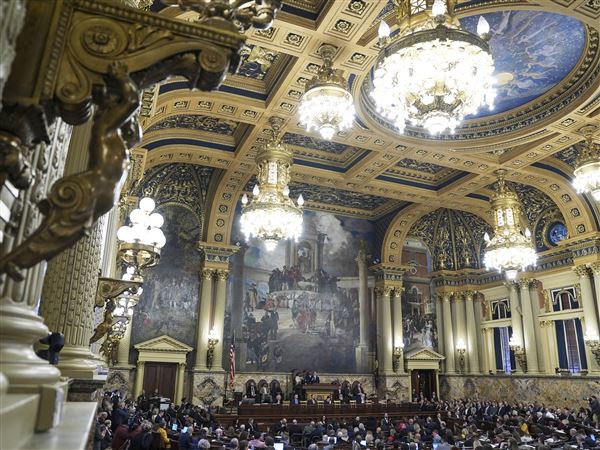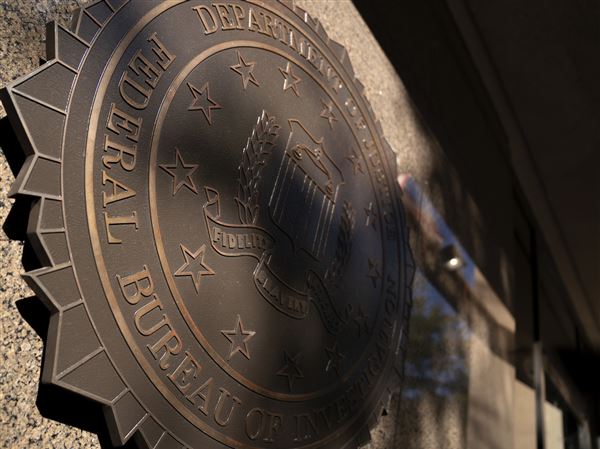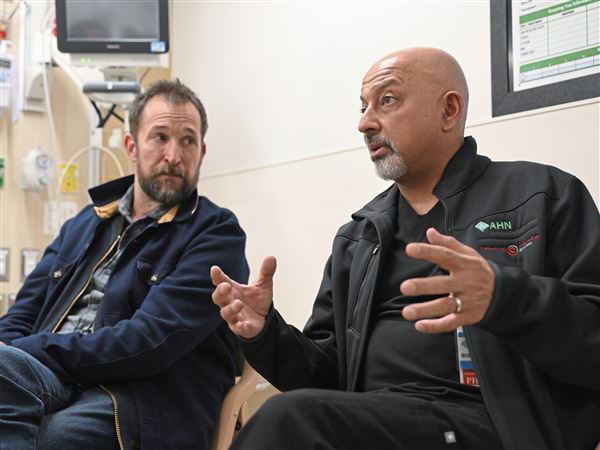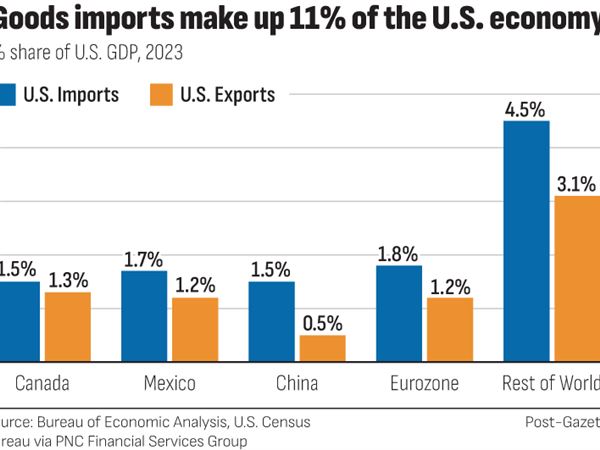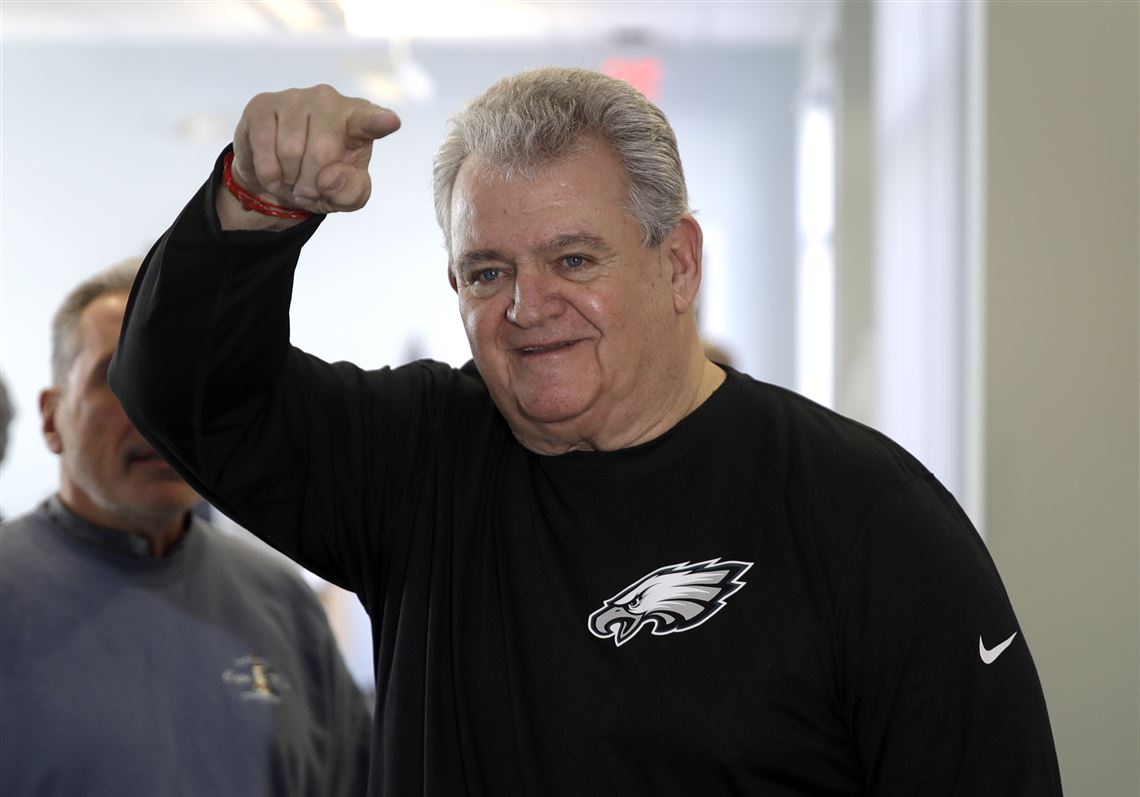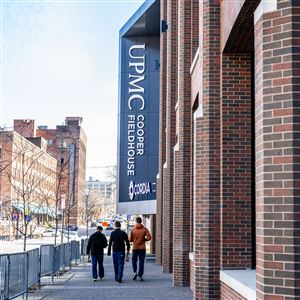Bob Brady, the larger-than-life leader of Philadelphia's Democratic Party, announced Wednesday that he is not running for re-election to the U.S. House.
Mr. Brady's announcement could reduce the political clout of Philadelphia's delegation, which besides Mr. Brady includes two congressmen with little to no seniority, in an election year in which many observers think Democrats could take back control of the U.S. House.
It also means six of Pennsylvania's 18 members of the U.S. House — a third of the state's delegation — will not be seeking re-election this year.
Mr. Brady said his family, as well as his concerns about how a new district map may affect his fellow city congressmen, factored into his decision.
"I've been married for 21 years," Mr. Brady said. "For 20 of those years, I've been going to Washington four days a week. I need to come back home."
At a press conference later, Mr. Brady reiterated that he wants to spend less time inside the Beltway. "All you can do after 4 or 5 o'clock [in Washington] is eat or drink. I don't drink, and I certainly don't look like I need something to eat."
Though several candidates announced in recent months that they would challenge Mr. Brady in the Democratic primary, he said that wasn't a concern: "I am not afraid of winning." He was also adamant that last year's federal investigation into his campaign finances, which snared two of his closest political aides, played no role in his choice.
Mr. Brady spent the second half of 2017 under intense scrutiny after it was disclosed that his campaign had given $90,000 to Jimmie Moore, an African-American Democratic challenger in the 2012 primary who then dropped out of the race. One of Mr. Brady's aides, Don "DA" Jones, has pleaded guilty in federal court. Another, Ken Smukler, has said he will fight the charges.
"I've got a complete bill of health from the federal government," Mr. Brady said. "They told my attorney I am not being charged. They told my attorney in November. No deal was made."
The U.S. Attorney’s Office in Philadelphia declined Wednesday to comment on Mr. Brady’s characterization of their investigation.
His lawyers — Ronald Levine and James Eisenhower — were more circumspect and sought to clarify. The statute of limitations expired in January on almost all of the charges that Mr. Brady may have faced.
“Based on our review of the status on the case and the fact that the statute of limitations has run...we advised him that we don’t believe he will be charged,” Mr. Eisenhower said.
Still, the investigation took a financial toll. Mr. Brady's latest campaign finance report, filed Wednesday, showed that he paid $256,799 to three law firms in the last three months of 2017.
The First District that Brady represents could change. A recent order from the Pennsylvania Supreme Court requires the Republican-controlled state Legislature to redraw the 2011 map that set boundaries for congressional districts.
Mr. Brady, a deal-maker with a leadership post on the House Committee on Administration, was not a policy wonk with a long legislative record of accomplishment.
He has also been criticized over the years for serving as party chairman as numerous Philly Democrats, including former District Attorney Seth Williams, were convicted of crimes.
But Mr. Brady has also been celebrated for helping avert labor strikes, bringing home money, and voting against authorization of the Iraq War. At Wednesday's press conference, Brady highlighted an estimated $15.5 billion in federal funding that flowed to Philadelphia since he first went to Washington in a 1998 special election.
"Those are things that nobody in here knows," he said to the room full of reporters. "Maybe it's my fault that I don't profess it or brag about it."
Mr. Brady also said he is proud of his recent efforts to help rewrite House rules on dealing with sexual harassment cases. Those changes, which he referred to as the "Me Too Act," would pay for legal representation if a congressional staffer accused a lawmaker of harassment as well as prevent members of Congress from paying settlements with taxpayer dollars, as U.S. Rep. Patrick Meehan, a Delaware County Republican, did in a recently disclosed case.
Before getting into politics, Mr. Brady worked as a union carpenter. He got involved in the Democratic Party after a friend suggested that he do remodeling work for then-Philadelphia Council President George Schwartz.
Mr. Schwartz mentored Mr. Brady, who became council sergeant-of-arms and a committee person. When Mr. Schwartz resigned after being charged in the Abscam scandal, he picked Mr. Brady to take his spot as leader of the 34th Ward. Mr. Brady became party chairman in 1986.
First Published: February 1, 2018, 1:25 a.m.
